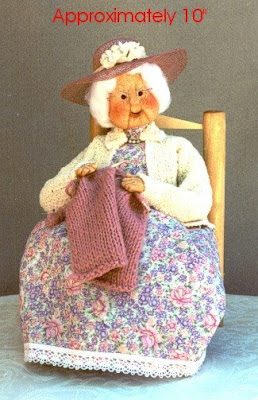 International Women's Day in Afghanistan; women still have a long way to go
International Women's Day in Afghanistan; women still have a long way to go.
KANDAHAR, Afghanistan — It's in the voices of the young that hope can be found for women in Afghanistan.
While their mothers and grandmothers wept for their past on International Women's Day, the young girls laughed and sang for the future.
More than 1,000 women gathered at two events in Kandahar on Saturday to celebrate the day devoted to women's rights around the world.
Young women know a different Afghanistan than generations past - they can go to school and find work.
But neither they nor their elders know peace yet, and many said Saturday that is the only thing holding back the full advancement of women in Afghan society.
"When security becomes good, when it becomes safe and we feel we can leave our children outside, no bomb blasts, no kidnapping, nothing, that's when things will be better for women," said Rangina Farescshta, one of the women who attended a rally organized by the provincial women's council in Kandahar.
When the Taliban descended on Afghanistan over a decade ago, the public lives of women effectively came to an end.
The world gasped in horror as thousands of Afghan women were shrouded behind the veil of the burka, losing their jobs, their schools, even their ability to go out in public alone.
Since 2001 and the fall of the Taliban, women are slowly rising back up through the ranks of Afghan society. They sit in government, run hospitals and have regained the right to an education.
"This year is better than last year and the year before last year," said Dr. Farishta Bwar, who works in the department of public health. "Every day the women's life becomes a little better."
But a chilling list of statistics enumerate the hardships still facing the estimated 11 million women in Afghanistan, about half the population.
The Afghan Independent Human Rights Commission recorded 2,374 cases of violence against women in 2007, including 165 cases of women setting themselves on fire. But the commission concedes the number doesn't really reflect Afghan society because such violent incidents often go unreported.
According to the United Nations, one woman in Afghanistan dies every 29 minutes due to reproductive health related complications.
Their average life expectancy is 44 years, about half that of a woman in Canada.
Though more than two million girls in Afghanistan are now registered for school, there are no numbers on how many actually attend class.
"There was a girl who was going to school and she was threatened and she left school altogether," said Foozia, 14, who still attend class at her school in Kandahar city where conditions are safe.
Foozia said she was at Saturday's rally because it's important to show support for the women of Afghanistan. "We want a peaceful Afghanistan where every woman will be able to ask for her rights," she said.
It's violence that made the old women cry at Saturday's rally.
One after the other, women who'd lost their sons, husbands and brothers to the fighting in Afghanistan rose, wrapped in white scarves, to share their stories.
Sobbing, they called for peace and for women's rights.
There are an estimated one million widows in Afghanistan, many under the age of 35, who face particular difficulty in society. Without men to provide for them, they must use whatever meagre skills they have to eke out a living, but more than 85 per cent of the women in Afghanistan are illiterate. Canada funds a number of programs aimed specifically at widows in Afghanistan. It also spends millions of dollars through the Canadian International Development Agency on education, health and human rights programs aimed improving the lot of all Afghan women.
But men still have control, said Farescshta. "Husbands, fathers, sons have the power to stop women from going outside to make society beautiful and make society educated," she said.
"Husbands, they (often) don't let their wives and sisters and mothers to do work outside, to get education for their children."
The young girls outside one of Saturday's rallies said their mothers and fathers were supportive of them being in school For Sabeera, 10, it's all she wants to think about.
She and her classmates, dressed in the glittery greens and reds of Afghanistan's national costumes, shook their heads with an emphatic "no" when asked if they want to grow up into a life like their mothers.
They don't wish to marry, nor have children, Sabeera said, they want to be doctors or teachers or police officers. An impish grin broke over her face as she stood to recite a poem she'd written.
"I am going to school of my own choice," she said. "There is competition among the girls in school. I do not want to be behind them. I have to be ahead of everyone. I have to succeed."

















